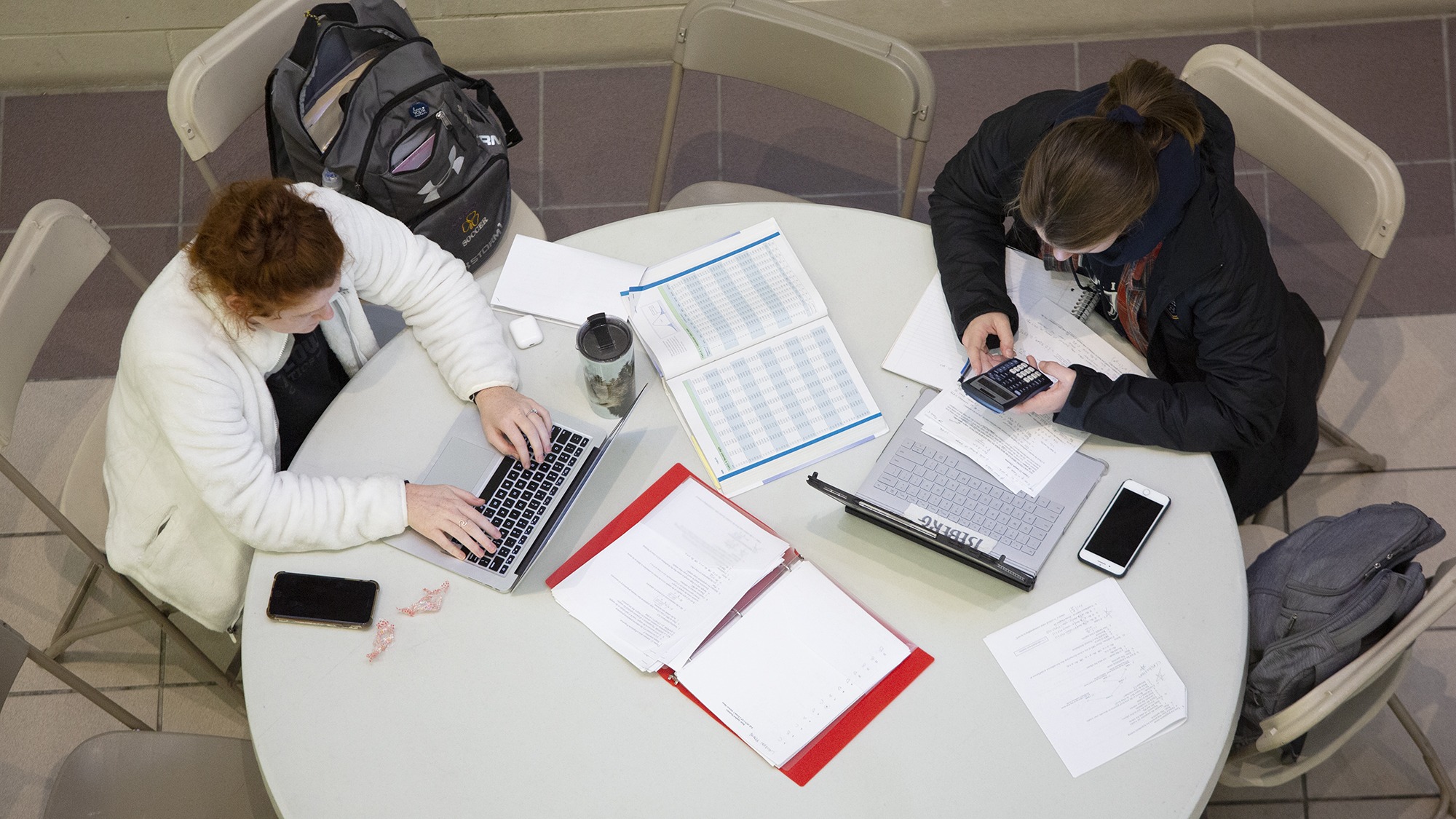PITTSBURGH – A $1.76 million government grant will help ensure Carlow University students a continued robust education and provide increased opportunities for high school students to participate in Carlow programs.
The two-year Institutional Resilience and Expanded Post-Secondary Opportunities (IREPO) grant is awarded by the federal Department of Education to help institutions of higher learning rebound after the COVID-19 pandemic and to expand educational opportunities for students.
Assistant Provost Jason Krall, serves as project director for the grant that runs through Aug. 1, 2023.
Grant money is earmarked for textbooks for early childhood apprenticeships, upgraded faculty computers, improved closed-captioning services for online classes for students with disabilities, tuition assistance for high school students taking college classes, and new courses and skills-based workshops for students in Carlow’s dual enrollment programs.
The grant will also be used to develop high-quality hybrid or online courses and increase remote internships and mentor opportunities.
“We are very proud of this grant,” Krall said. “In reality, every Carlow student is essentially a benefactor.
When applying for the grant, “I reached out to stakeholders to ask, ‘If I had some money available what would you wish for?’ It was a real collaborative effort to see how can we bolster our services to students,” he said.
The grant will allow the University to cultivate a mentorship program “geared toward keeping students motivated and wanting to come to school, and for those already in school, to have people to lean on, talk to and help them with all that college brings.”
Funds also will help Carlow continue to screen students for coronavirus in order to ensure a safe learning environment and provide incoming students with either a live or a virtual orientation session prior to the start of classes.
To meet the grant’s objectives, Krall said several part-time employees will be hired, including a project coordinator to oversee all activities funded by the grant; a psychiatrist to increase capacity to address mental health needs; an instructional designer to improve online teaching; a disabilities services coordinator to advance Americans with Disabilities Act compliance; a College in High School coordinator to support dual enrollment programs and pre-apprenticeships in early childhood education; and a mentor project coordinator to enhance mentorships.
Krall said about the grant’s goal: “If we put all these resources into the University, it will give us better retention and greater enrollment.”

